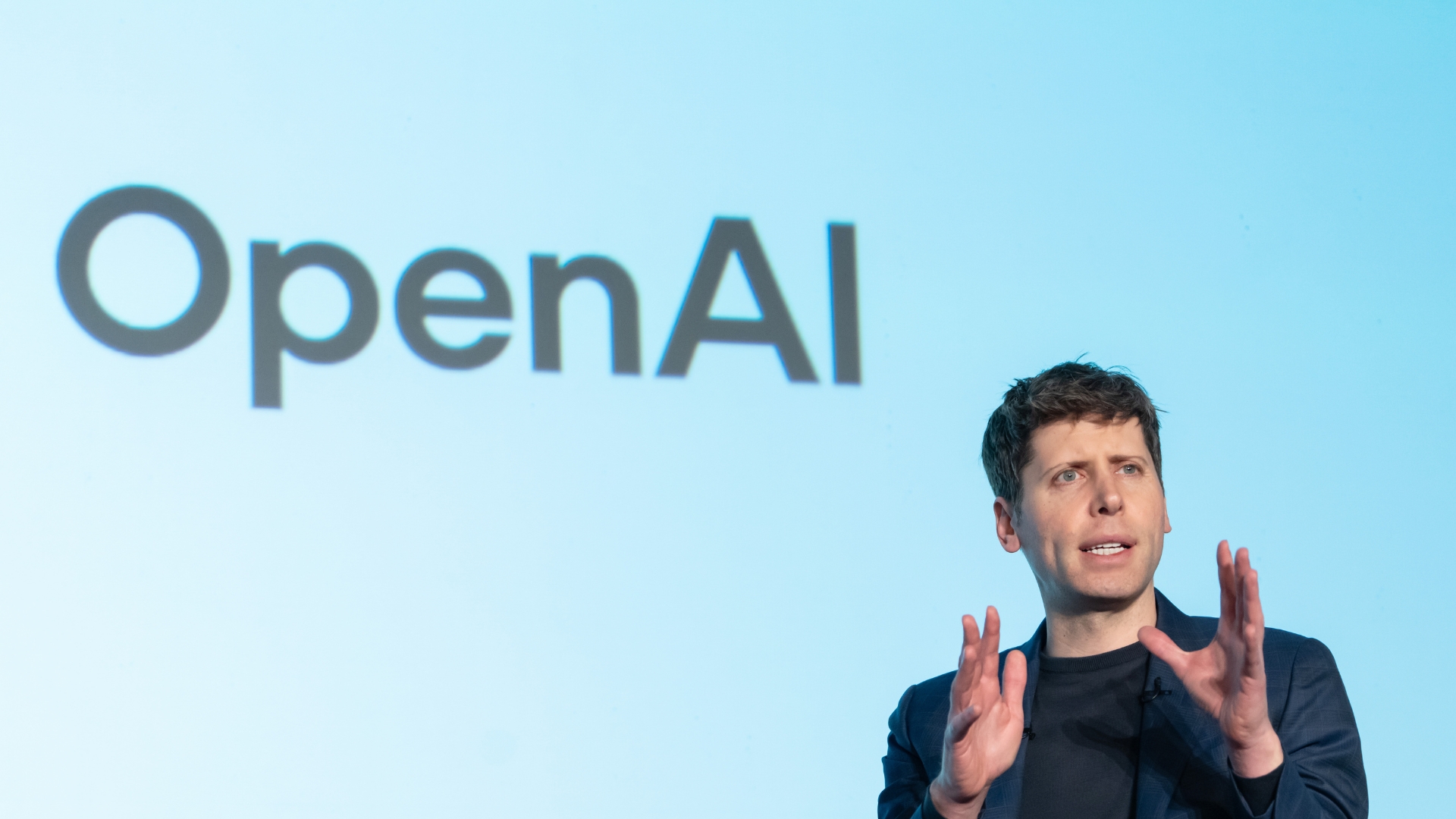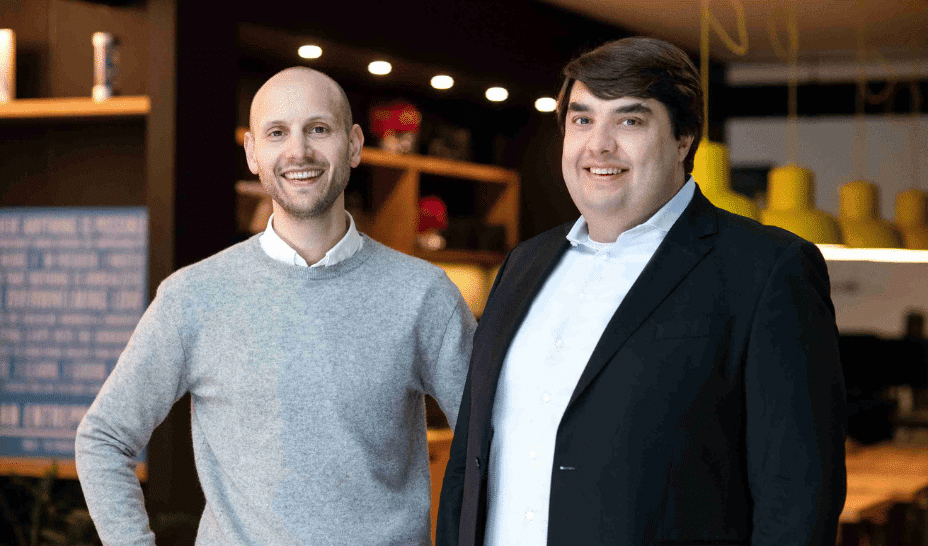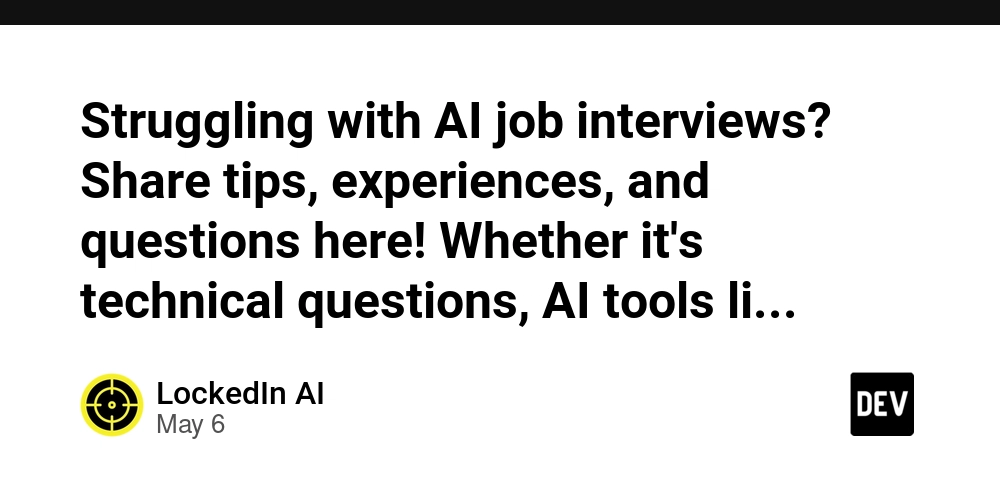Some thoughts on DevOps Culture (revisiting a novel from 2013)
I just finished The Phoenix Project: A Novel about IT, DevOps, and Helping Your Business Win by Gene Kim, Kevin Behr, and George Spafford. What can I say? I listened to it as an audiobook, and it definitely deserves a second listen. As someone with a literature background who has worked in tech for several years, I was thrilled to come across a novel about IT — yes, a novel. It’s not exactly a literary masterpiece, but it’s highly entertaining if you can relate to the problems it depicts (and I could — at many different levels). Some chapters had me completely hooked, and the characters were surprisingly relatable. I even laughed out loud a few times. Here are a few first thoughts — especially for anyone working in IT or collaborating closely with IT teams: Still Relevant, 10+ Years Later Although the book was first published in 2013 (with an anniversary edition released recently), many of the issues it describes still feel painfully relevant. In the organizations I’ve worked with, some have embraced the “DevOps” mindset more than others, but The Phoenix Project remains a great read for anyone in or around IT. Let’s Talk About Brent I’ve met many “Brents” in my career. Some are knowledge hoarders. Others are what I’d call the “good Brents” — helpful, overextended experts who carry entire systems on their backs. In the book, Brent is a central character: the lead engineer who is everywhere. He’s the go-to person for every urgent issue, the one non-IT people chase down in hallways, and the person everyone relies on... unofficially. At first, I saw him as a symbol of what’s broken in tech orgs — a bottleneck, a single point of failure, someone who enables dysfunction (often unknowingly). But toward the end, he redeems himself, and in the afterword, the authors even present him as a positive force. That surprised me. I’m still not sure I agree, and I want to reflect on this more during my second listen. Human Stories in a Tech World I appreciated the effort to create human characters — to show them as parents, spouses, friends — and how their work lives impacted their home lives. The book shines when it highlights traits beyond just technical skill, surfacing the emotional and human cost of poor systems and leadership. Why I’ll Listen Again This first listen already gave me a lot to reflect on. I think a second round will help me dig deeper into the problems and proposed solutions. Maybe I’ll even change my mind about Brent. In any case, it’s been refreshing to engage with DevOps culture through fiction. For those of us navigating this space, it's a reminder that IT is never just about systems — it’s about people. Curious About I read a LinkedIn post in which the author, Gene Kim, tells the world he is co-writing the Book "Vibe Coding: Building Production-Grade Software With GenAI, Chat, Agents, and Beyond" which will be released this year. I must confess that while I was reading The Phoenix Project, I was thinking about how AI could change the landscape presented in the book.
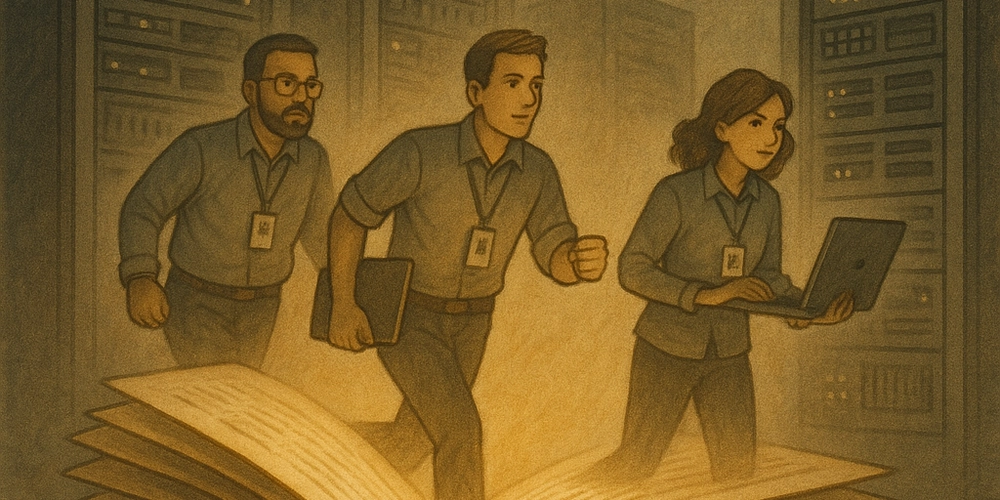
I just finished The Phoenix Project: A Novel about IT, DevOps, and Helping Your Business Win by Gene Kim, Kevin Behr, and George Spafford. What can I say?
I listened to it as an audiobook, and it definitely deserves a second listen.
As someone with a literature background who has worked in tech for several years, I was thrilled to come across a novel about IT — yes, a novel. It’s not exactly a literary masterpiece, but it’s highly entertaining if you can relate to the problems it depicts (and I could — at many different levels). Some chapters had me completely hooked, and the characters were surprisingly relatable. I even laughed out loud a few times.
Here are a few first thoughts — especially for anyone working in IT or collaborating closely with IT teams:
Still Relevant, 10+ Years Later
Although the book was first published in 2013 (with an anniversary edition released recently), many of the issues it describes still feel painfully relevant. In the organizations I’ve worked with, some have embraced the “DevOps” mindset more than others, but The Phoenix Project remains a great read for anyone in or around IT.
Let’s Talk About Brent
I’ve met many “Brents” in my career.
Some are knowledge hoarders. Others are what I’d call the “good Brents” — helpful, overextended experts who carry entire systems on their backs. In the book, Brent is a central character: the lead engineer who is everywhere. He’s the go-to person for every urgent issue, the one non-IT people chase down in hallways, and the person everyone relies on... unofficially.
At first, I saw him as a symbol of what’s broken in tech orgs — a bottleneck, a single point of failure, someone who enables dysfunction (often unknowingly). But toward the end, he redeems himself, and in the afterword, the authors even present him as a positive force. That surprised me. I’m still not sure I agree, and I want to reflect on this more during my second listen.
Human Stories in a Tech World
I appreciated the effort to create human characters — to show them as parents, spouses, friends — and how their work lives impacted their home lives. The book shines when it highlights traits beyond just technical skill, surfacing the emotional and human cost of poor systems and leadership.
Why I’ll Listen Again
This first listen already gave me a lot to reflect on. I think a second round will help me dig deeper into the problems and proposed solutions. Maybe I’ll even change my mind about Brent.
In any case, it’s been refreshing to engage with DevOps culture through fiction. For those of us navigating this space, it's a reminder that IT is never just about systems — it’s about people.
Curious About
I read a LinkedIn post in which the author, Gene Kim, tells the world he is co-writing the Book "Vibe Coding: Building Production-Grade Software With GenAI, Chat, Agents, and Beyond" which will be released this year. I must confess that while I was reading The Phoenix Project, I was thinking about how AI could change the landscape presented in the book.









































































































































































![[The AI Show Episode 146]: Rise of “AI-First” Companies, AI Job Disruption, GPT-4o Update Gets Rolled Back, How Big Consulting Firms Use AI, and Meta AI App](https://www.marketingaiinstitute.com/hubfs/ep%20146%20cover.png)

























































































































![[DEALS] The Premium Python Programming PCEP Certification Prep Bundle (67% off) & Other Deals Up To 98% Off – Offers End Soon!](https://www.javacodegeeks.com/wp-content/uploads/2012/12/jcg-logo.jpg)































































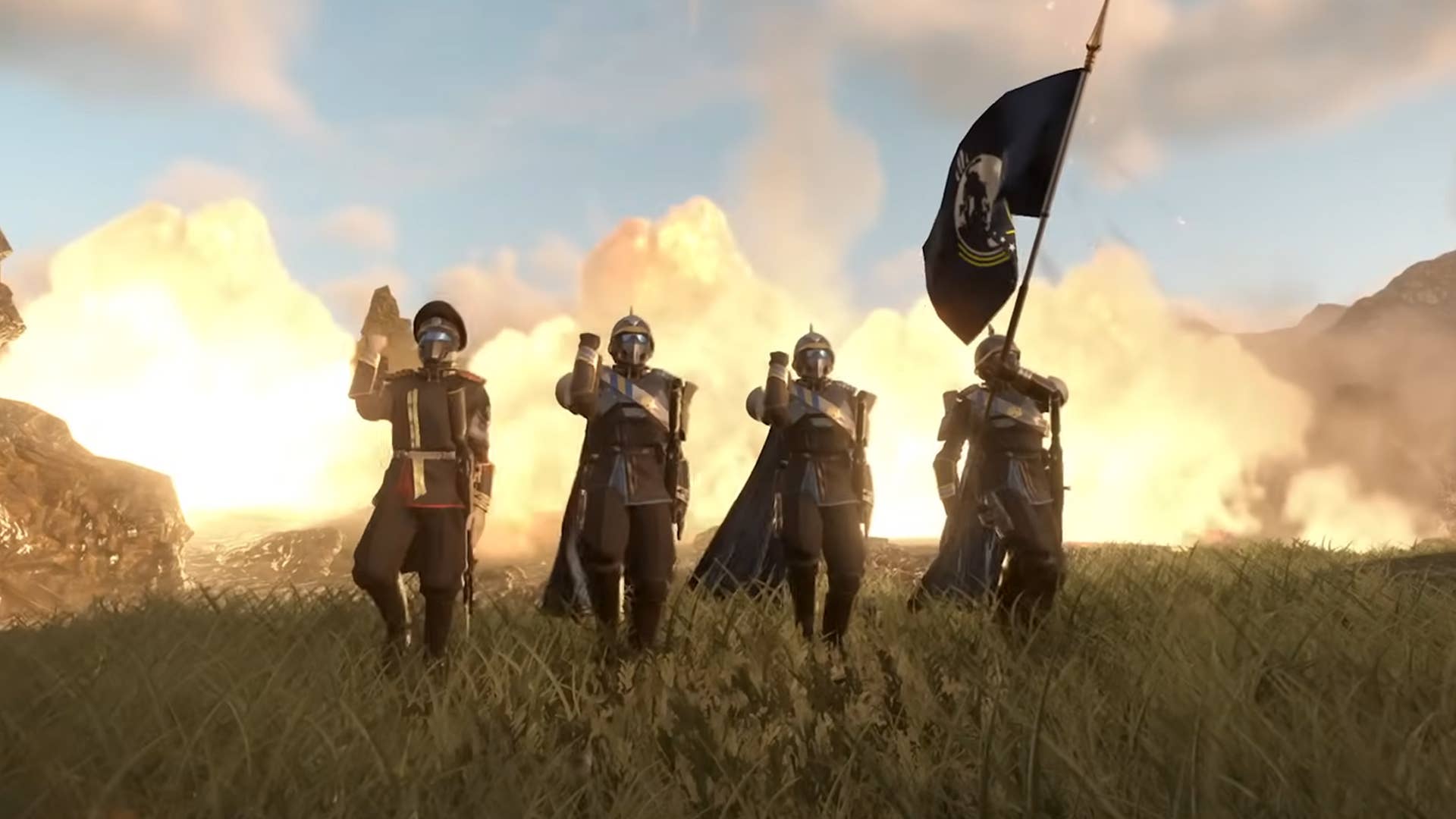




















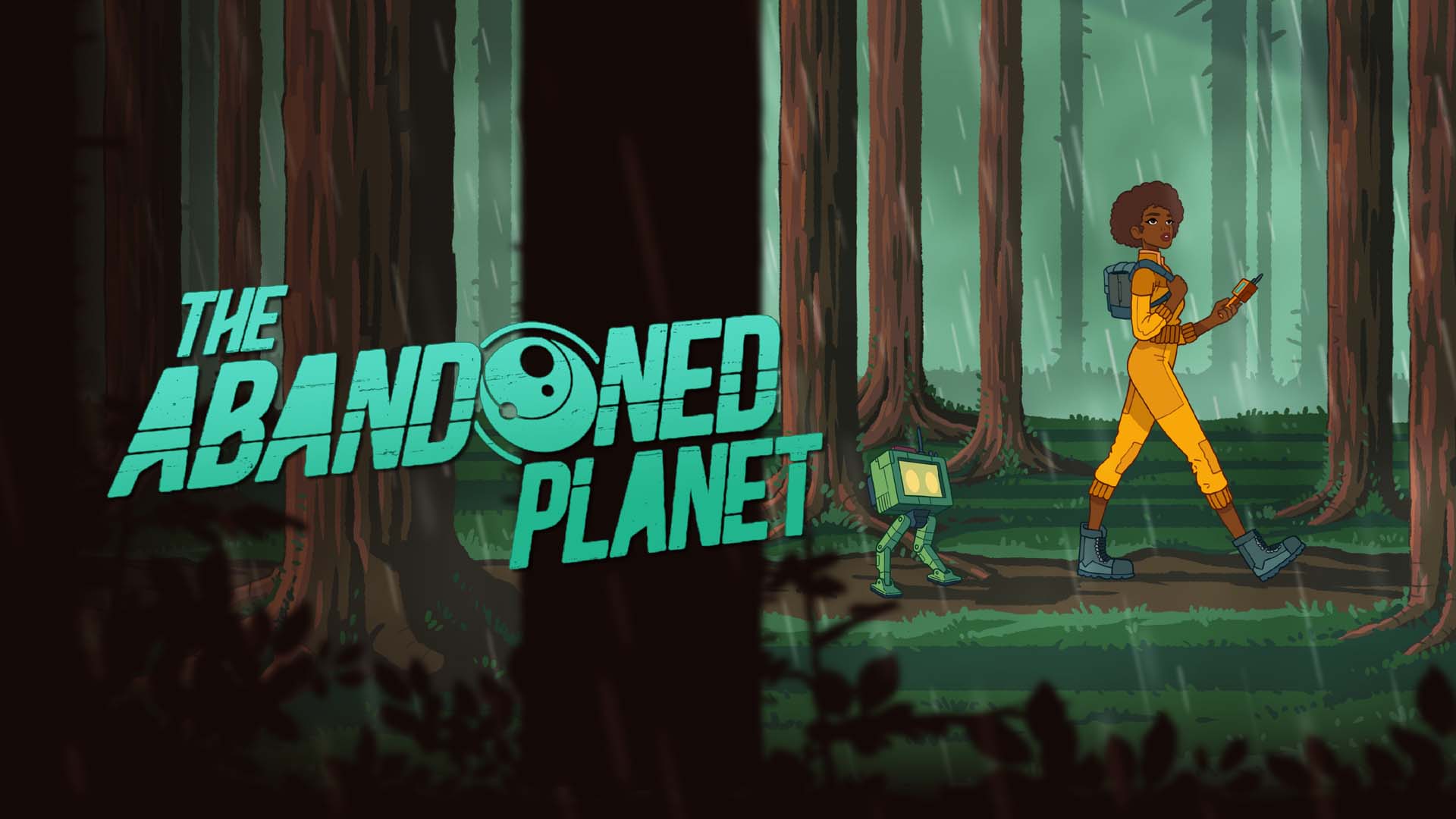


























































_Aleksey_Funtap_Alamy.jpg?width=1280&auto=webp&quality=80&disable=upscale#)
_Sergey_Tarasov_Alamy.jpg?width=1280&auto=webp&quality=80&disable=upscale#)













































































































![Apple Foldable iPhone to Feature New Display Tech, 19% Thinner Panel [Rumor]](https://www.iclarified.com/images/news/97271/97271/97271-640.jpg)
![Apple Developing New Chips for Smart Glasses, Macs, AI Servers [Report]](https://www.iclarified.com/images/news/97269/97269/97269-640.jpg)
![Apple Shares New Mother's Day Ad: 'A Gift for Mom' [Video]](https://www.iclarified.com/images/news/97267/97267/97267-640.jpg)
![Apple Shares Official Trailer for 'Stick' Starring Owen Wilson [Video]](https://www.iclarified.com/images/news/97264/97264/97264-640.jpg)
















